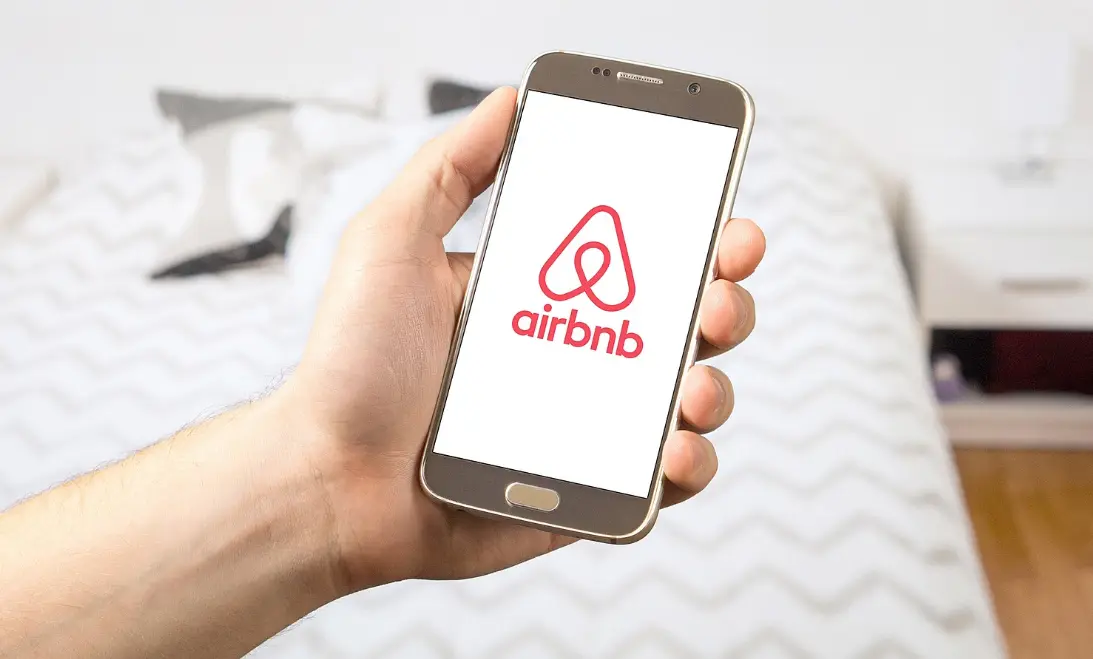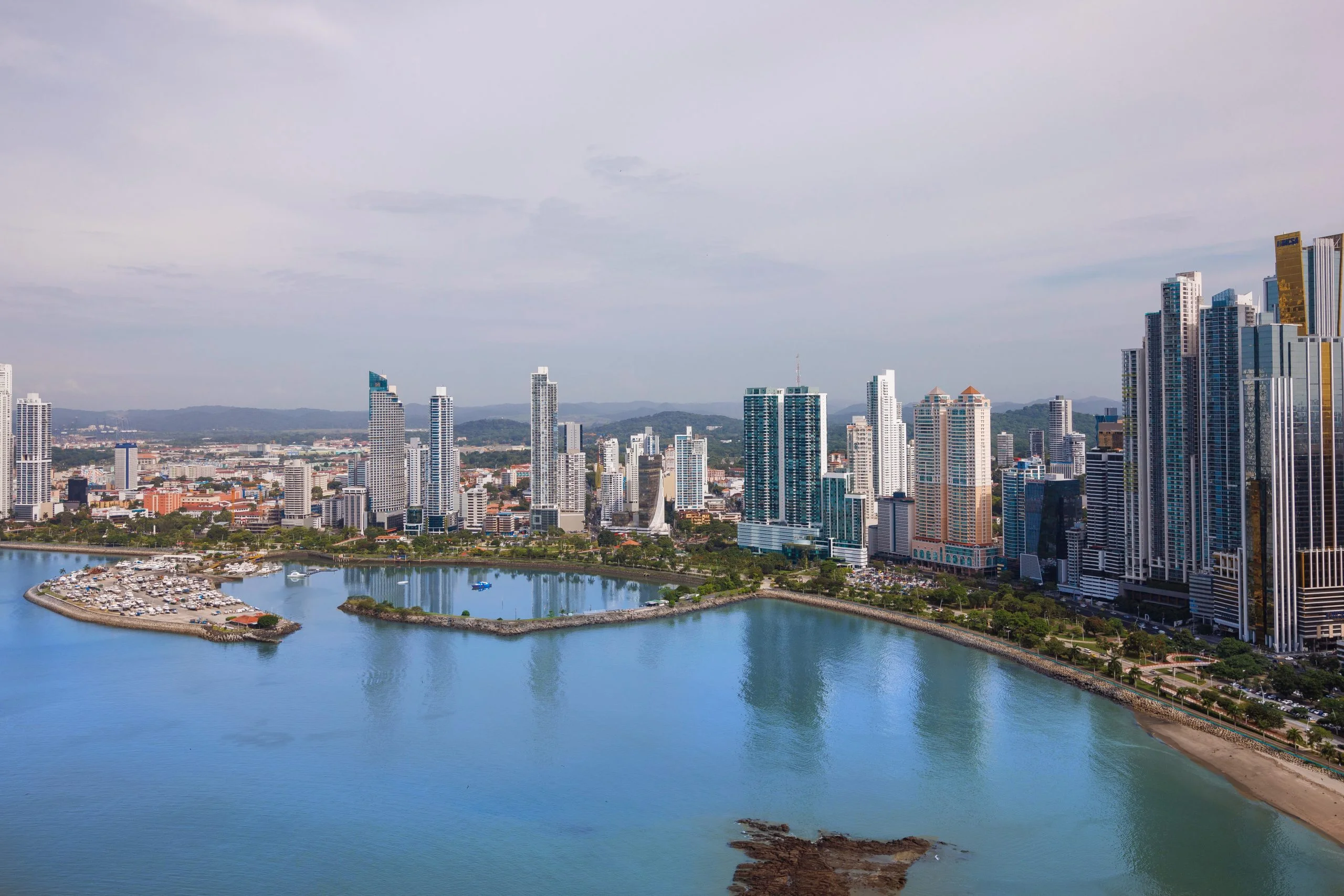Top Tips for Effective Tenant Management
Top Tips for Effective Tenant Management in Panama
Effective tenant management is crucial for ensuring your rental property runs smoothly, remains profitable, and maintains long-term value. Whether you’re renting out a luxury condo in Panama City or a cozy home in one of the country's vibrant neighborhoods, building positive relationships with tenants and managing your property professionally can make all the difference.
Here are some top tips for managing tenants effectively and maintaining a successful rental property in Panama:
1. Screen Tenants Carefully
Tenant screening is one of the most important steps in property management. Selecting reliable, responsible tenants can help prevent future issues like late payments, property damage, and tenant turnover.
In Panama, a good tenant screening process involves:
Checking rental history: Speak with previous landlords to ensure the tenant has a good track record for paying rent on time and maintaining the property.
Verifying income: Ensure the tenant has a stable income or sufficient financial resources to cover rent and other living expenses.
Running background checks: While background check options may be limited in Panama, you can still verify basic information and conduct personal references to ensure trustworthiness.
At One Diversity, we can help you find tenants who meet your specific criteria and reduce the risks of problematic rentals.
2. Set Clear Expectations with a Detailed Lease Agreement
A clear and thorough lease agreement is the foundation for good tenant management. The lease should cover all essential details, including:
Rent amount and due date: Specify the monthly rent amount, payment methods, and when rent is due.
Security deposit: Outline the security deposit requirements, conditions for its return, and deductions for damages.
Maintenance responsibilities: Clearly define the landlord’s and tenant’s responsibilities when it comes to property maintenance and repairs.
House rules and regulations: Establish rules for quiet hours, pet policies, smoking, or any other specifics that maintain the property’s integrity.
A well-crafted lease agreement sets expectations from the outset and can help resolve disputes quickly if they arise. Ensure both parties understand and agree to the terms to avoid misunderstandings later on.
3. Foster Open Communication
Good communication is key to building positive relationships with your tenants. Keep an open line of communication to address concerns, requests, or maintenance issues as soon as they arise.
Provide contact information: Ensure tenants know how to reach you (or your property management team) for urgent issues or general inquiries.
Check in regularly: While you don’t want to overstep, occasional check-ins can ensure tenants are happy with their living situation. A simple email or message after move-in can go a long way in establishing trust and rapport.
Address complaints promptly: If tenants have concerns, listen to them and act quickly. Addressing issues like plumbing problems, air conditioning issues, or security concerns in a timely manner can help keep tenants satisfied and prevent minor issues from becoming bigger problems.
Effective communication not only makes for happier tenants but also reduces the likelihood of conflicts or misunderstandings down the line.
4. Respond to Maintenance Requests Promptly
One of the top reasons tenants decide to move out or leave negative reviews is poor maintenance. A well-maintained property leads to satisfied tenants who are more likely to renew their leases and treat your property with care.
Routine inspections: Regular inspections (with prior notice) help identify issues early and prevent expensive repairs down the line. Check systems like plumbing, electrical, HVAC, and appliances to ensure everything is in working order.
Timely repairs: When tenants report maintenance issues, act quickly to address them. Prioritize urgent repairs (like plumbing leaks or electrical issues) and address less pressing matters (such as cosmetic updates) as time allows.
Use trusted contractors: Build a network of reliable and professional maintenance workers and contractors to ensure quality service.
By maintaining a proactive approach to property upkeep, you’ll not only keep your tenants happy but also protect your investment from potential damage or wear and tear.
5. Establish Rent Collection Systems
A streamlined rent collection system ensures that payments are made on time and reduces the risk of late payments or misunderstandings. Some effective rent collection tips include:
Set a clear rent schedule: Be specific about the rent due date, grace period, and late fees in the lease agreement.
Offer multiple payment methods: In Panama, tenants may prefer different payment methods, such as bank transfers, credit cards, or even cash. Offering flexible payment options can make it easier for tenants to pay on time.
Send reminders: Set up reminders via email or text to notify tenants when rent is due or if it’s overdue.
Charge late fees: Be firm but fair with late fees. This encourages tenants to pay on time and helps cover any additional administrative costs or inconvenience.
The more organized and transparent your rent collection system, the fewer disputes you’ll have regarding payments.
6. Respect Tenant Privacy
While you need to monitor and maintain your property, respecting tenant privacy is crucial.
Give adequate notice before entering: In Panama, landlords must provide prior notice (usually 24-48 hours) before entering a rented property, except in emergencies.
Be mindful of boundaries: Avoid being overly involved in your tenant's personal matters. Keep communication professional and respectful.
Create a respectful environment: Promoting a positive and respectful relationship with tenants can lead to long-term tenancies and positive word-of-mouth referrals.
Treating tenants with respect and professionalism will foster goodwill and reduce the likelihood of complaints or disputes.
7. Stay Informed on Local Laws and Regulations
Understanding the local rental laws in Panama is vital to being a responsible landlord. Panama’s rental laws are protective of tenants, and landlords must comply with the regulations outlined in the Panamanian Civil Code and other housing laws.
Know eviction rules: Evicting a tenant in Panama is a legal process that requires specific steps, including court orders in some cases. Be aware of the legal grounds for eviction, such as non-payment of rent or lease violations.
Understand tenant rights: Tenants in Panama have specific rights regarding repairs, privacy, and security deposits. Familiarizing yourself with these rights ensures that you stay compliant and avoid potential legal issues.
Staying informed on the latest regulations will help you navigate landlord-tenant relationships smoothly and avoid legal pitfalls.
Conclusion
Effective tenant management is essential for maximizing the potential of your rental property in Panama. By screening tenants carefully, setting clear expectations through lease agreements, fostering open communication, addressing maintenance requests promptly, and respecting tenant rights, you’ll create a positive rental experience that benefits both you and your tenants.
If you need assistance managing your rental properties or navigating Panama’s real estate market, One Diversity is here to help. Our experienced team can provide property management services, tenant screening, maintenance coordination, and more—ensuring that your investment thrives in Panama’s dynamic market.





